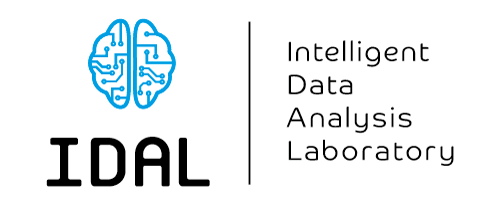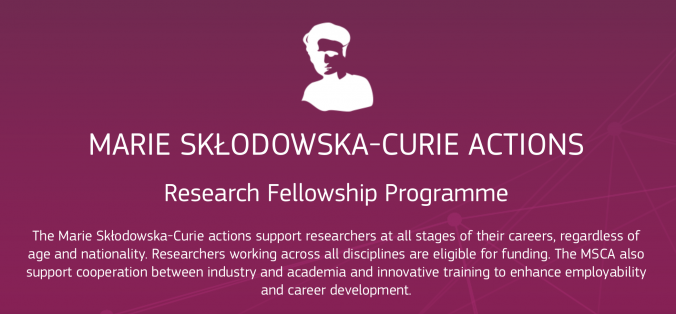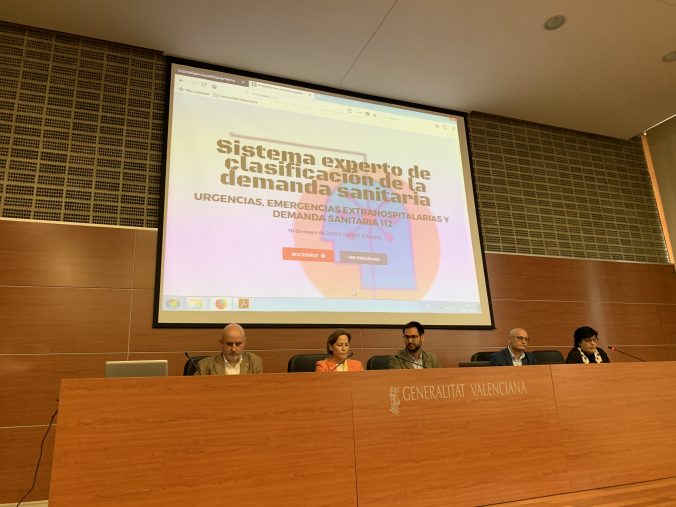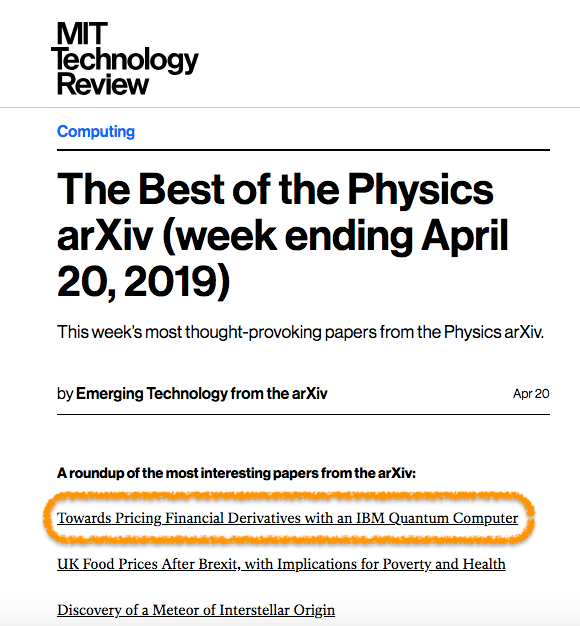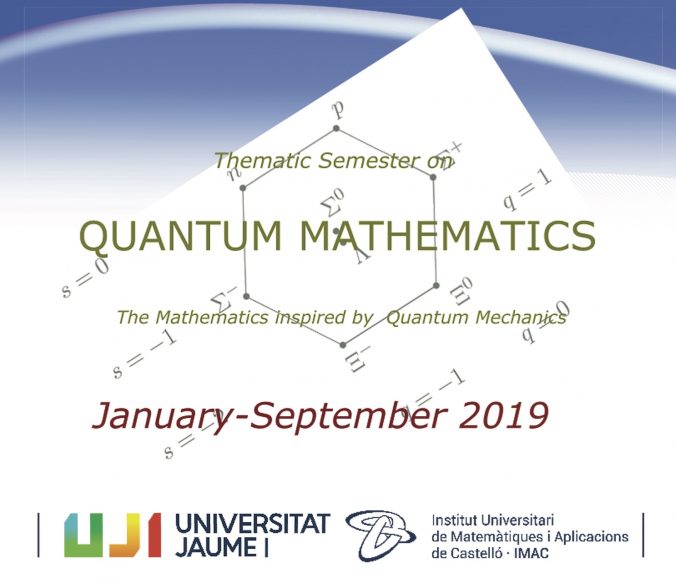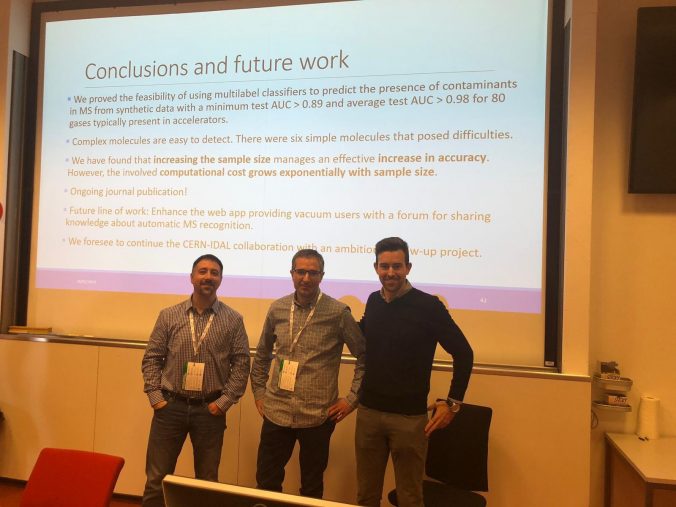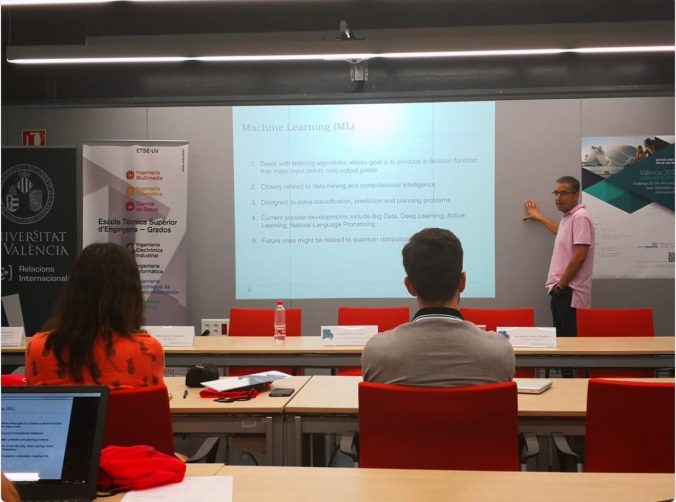IDAL member Dr. Emilio Soria participated recently in a workshop on Analysis and Detection of financial crime by means of Statisticals and Machine Learning methods, organised by the DEBLANC Chair for the implementation of statistical, economic and automatic learning methodologies in order to detect financial crimes and money laundering of the University of Valencia. The workshop took place at the Faculty of Economics on 20th of June.
Page 4 of 15
On May 15, the research group IDAL and the BDSLAb from the Polytechnic University of Valencia (UPV) presented the results of a collaboration project on the optimisation of the response to 112 Emergency calls. The presentation shown that natural language processing can improve the functioning of the system in terms of cost, quality of life of the patient and optimisation of resources. On the other hand, the advantages of using probabilistic graphical models in this type of problems were highlighted, as they are easy to adjust and retrain; they are self-explanatory (as opposed to other black-box approaches) and establish causal relationships between variables that can be modified by the expert.
The slides of the presentations can be downloaded from here:
IA aplicada a la demanda sanitaria
Clasificación de la demanda sanitaria mediante NLP
Información relevante para la clasificación de la demanda sanitaria
Summary of the presented model:
The paper entitled “Towards Pricing Financial Derivatives with an IBM Quantum Computer”, co-authored by IDAL member José D. Martín has been selected as the best one of the week in arXiv Physics by MIT Technology Review. The paper makes use of a quantum computer to simulate and estimate the price of financial derivatives in realistic scenarios, opening a window to the use of quantum computing in Economics: https://www.technologyreview.com/s/613339/the-best-of-the-physics-arxiv-week-ending-april-20-2019/
IDAL member José D. Martín gave a talk entitled “Quantum Machine Learning: When Physics Flirted with Machine Learning, and They Fell in Love” last February 20th. The talk is part of the thematic semester on Quantum Mathematics organized by the Institute for Mathematics and Applications (IMAC) of Universitat Jaume I.
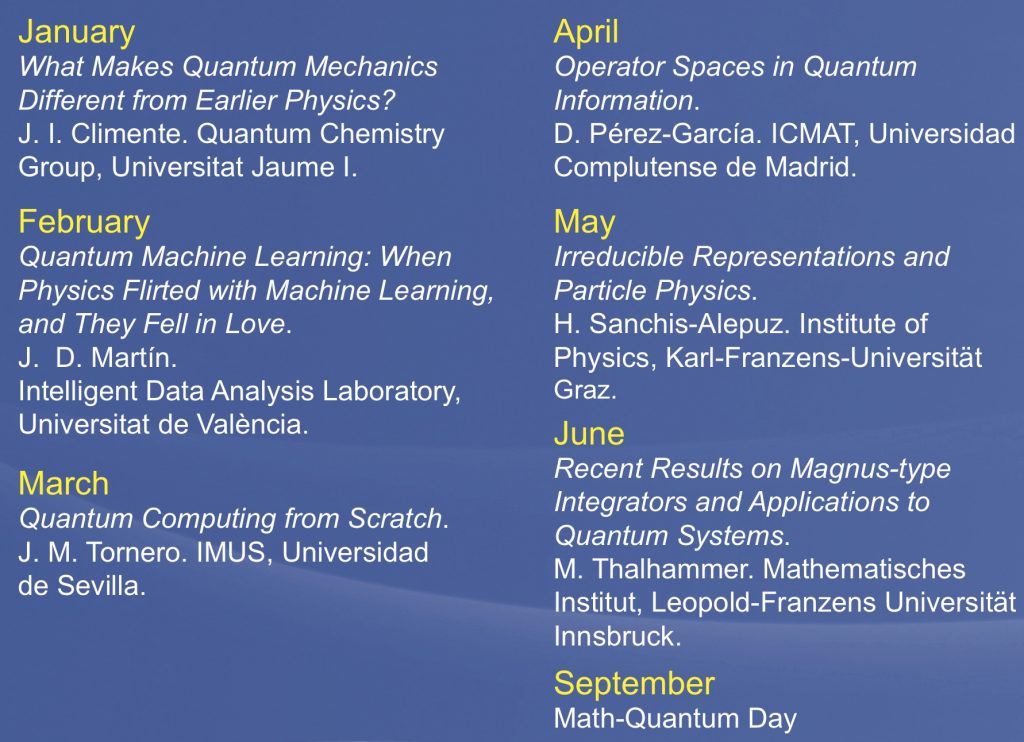
Program of the thematic Semester on Quantum Mathematics
Last January 18th, IDAL members Juan José Garcés, José D. Martín and Fernando Mateo were giving a seminar at the renowned European Centre for Nuclear Research (CERN). Within the framework of the joint collaboration between IDAL and CERN that has been carried out the two past years, the seminar dicussed the feasibility of applying Machine Learning (ML) to automatically recognize mass spectra for UHV systems. The achieved results suggest that ML is indeed appropriate to deal with the problem and open up a window for more through analyses in the near future.
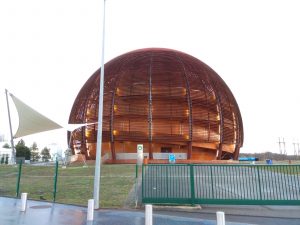
IDAL member José D. Martín is involved in the organization of the special session “Societal Issues in Machine Learning: When Learning from Data is Not Enough” at the renowned European Symposium on Artificial Neural Networks, Computational Intelligence and Machine Learning (ESANN’09) that will take place in Bruges, Belgium from 24 to 26 April 2019. The special session is co-organized with Dr. Davide Bacciu (University of Pisa,Italy), Dr. Battista Biggio (University of Cagliari, Italy), Prof. Paulo J. G. Lisboa, (Liverpool John Moores University, UK), Luca Oneto (University of Genoa, Italy) and Alfredo Vellido (Universitat Politècnica de Catalunya, Spain). We look forward to your contributions (deadline: 19 November 2018)! More info at https://www.elen.ucl.ac.be/esann/index.php?pg=specsess#societal

